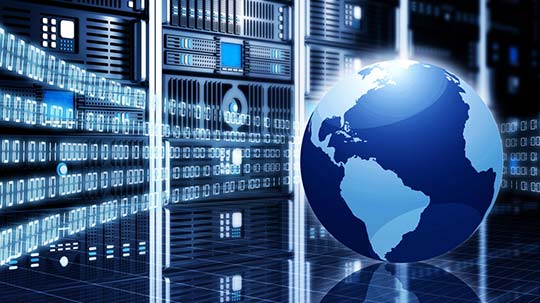
People worry about love, the weather, and the economy, but not necessarily in that order. According to public-opinion polls, the economy is our foremost concern. Government deficits, taxes, unemployment, and rising prices are consistently at the top of our collective list of worries. A Gallup poll taken in 1987 illustrates this concern. When asked what the country’s most important problem was, half of the population cited unemployment government spending, budget deficits, inflation, or other economic concern.
For many people, of course, concern for the economy goes no further than the price of tuition or the fear of losing a job. Many others, however, are becoming increasingly aware that their job prospects and the prices they pay are somehow related to national trends in prices, unemployment, and economic growth. Although few people think in term of price indexes, graphs, or economic cycles, most of us now recognize the importance of major economic events. And that is why so many people worry about such abstractions as unemployment rates, inflation, economic growth, trade deficits, and budget deficits.
Despite the widespread concern for the economy, few people really understand how it works. You can hardly blame them. For one thing, the very dimensions of the economy tend to obscure its relevance. The annual output of our economy is now measured in trillions of dollars. For those of us who rarely see $100 bill, it is difficult to comprehend such figures. The significance of billion-dollar change in output is easily los on people who are trying to figure out how to pay this month’s rent or next semester’s to tuition.
However abstract “the economy” might seem, it is very much a part of our everyday lives. We spend much of our lives working to produce the goods and services that low from our factories and offices. We spend a good part of the remaining time consuming those same goods and services. And during much of the time left over, we worry about what to produce or consume next. Even such simple thing us reading this book, going to school, and lying on the beach can be described as economic activities.
Interest in the working of the economy intensifies when we have some immediate stake in its performance. The loss of a job, for example, can rivet one’s attention on the causes of unemployment. A tuition increase may start you thinking about the nature and causes of inflation. And high rents can start you thinking about the demand for housing in relation to its supply.
What we seek to determine, then, is not simple weather we are involved in the economy – a fact nearly every one can asset accept with a shrug – but more important, how we are involved and where our interests lie.
Two keys questions must be answered.
- What forces shape the economy? What determines how many jobs will be available? How much income people will receive? What goods will be produced? How much pollution will be created?
- What, if anything, can we do to improve the economy’s performance? Can government policy create more jobs, rise incomes, or reduce price? Can individual consumer, worker, or producer affect economic outcomes?
Schiller, Bradley R. 1989. The Macro Economy Today, The American University, Random House, Business Division. New York.






